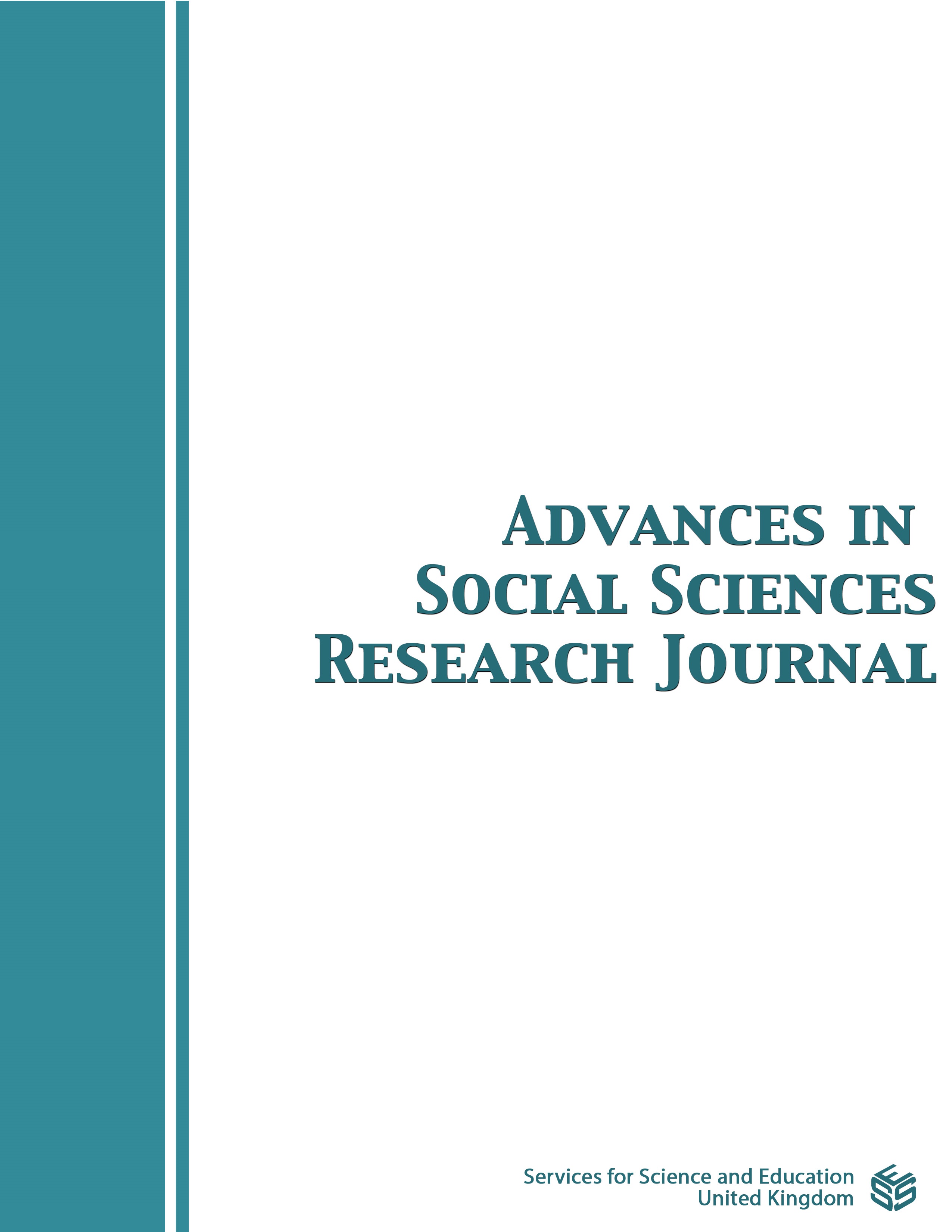Assessing the Use of Indigenous Philosophy and Curriculum in Managing Passion Killings in Botswana
DOI:
https://doi.org/10.14738/assrj.1204.18552Keywords:
Indigenous Philosophy, Curriculum, Managing, Passion, KillingsAbstract
Background is that Modise cited in Kistan(2010) wrote ‘Passion killings have influenced curriculum management in Botswana because passion killings delay delivery of curriculum content by affecting management of curriculum resources such as time’ (p.1). Rationale for using indigenous philosophy and curriculum in addressing passion killings is that indigenous philosophies provide education with cultural relevance making education more applicable and sustainable.This study evaluates the application of indigenous philosophy and curriculum, rooted in Botswana’s traditional beliefs, in managing passion killings through the Botswana High Court of Law. It investigates whether the cultural stance of sentencing passion killers to death is reflected in judicial decisions. Qualitative research approach; purposive sampling to select the respondents who could best provide answers to the research objectives; qualitative analysis to synchronize and analyze data from the following various sources using triangulation under each research objective or theme: Qualitative interviews from Botswana school syllabuses and corresponding textbooks; ethnographic design participant in-depth immersion personal observations and experiences of the researcher; empirical research; Botswana Law reports; Botswana media newspapers; standards for curriculum evaluation; relevant theories and philosophies.Findings: Passion killings are increasing in Botswana. Botswana society lack fear due to the perception that presenting societal factors as extenuating circumstances during court hearings often shifts blame from the perpetrator, resulting in rare death sentences. Indigenous philosophy curriculum of sentencing passion killers to death to manage passion killings is rarely lived in Botswana due to ‘using social practice that shy away from pointing at the passion killer as the person to be executed but rather pointing at societal factors as a phenomena to be executed’. Hatred from the passion killer+ lack of fear (created by shifting the blame from the passion killer to societal factors during court hearings’) = passion killings. Passion killers initially harbor emotions of love but then turn to emotions of hate combined with a lack of fear, resulting in passion killings. Botswana school curriculum & Botswana judicial decisions should discard ‘using social practice that shy away from pointing at the passion killer as the person to be executed but rather pointing at societal factors as a phenomena to be executed’. Significance of the study is that results obtained in work will help ensure that the cultural stance of sentencing passion killers to death is robustly reflected in judicial decisions.
Downloads
Published
How to Cite
Issue
Section
License
Copyright (c) 2025 Moya Modise

This work is licensed under a Creative Commons Attribution 4.0 International License.
Authors wishing to include figures, tables, or text passages that have already been published elsewhere are required to obtain permission from the copyright owner(s) for both the print and online format and to include evidence that such permission has been granted when submitting their papers. Any material received without such evidence will be assumed to originate from the authors.






